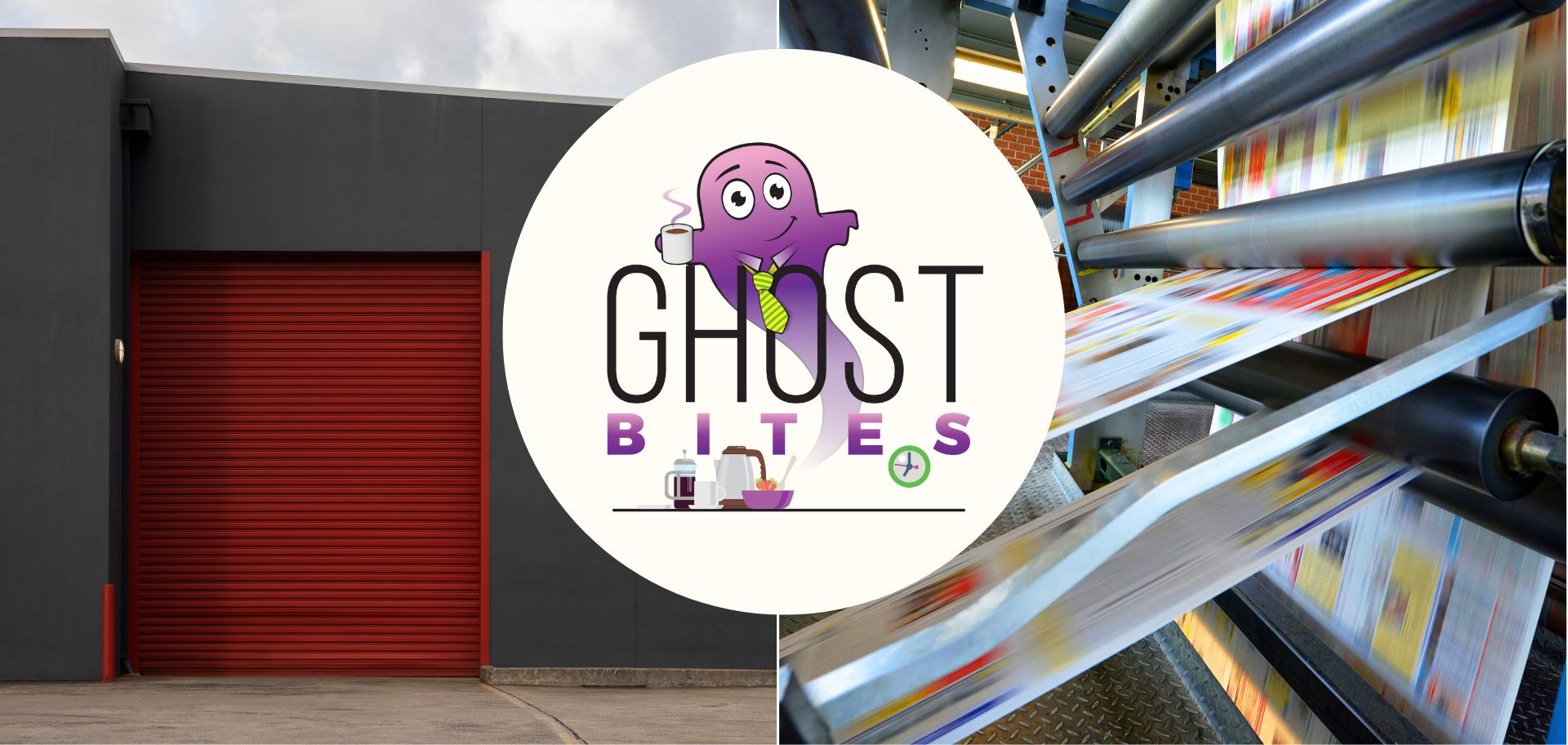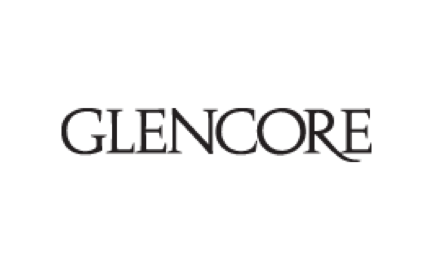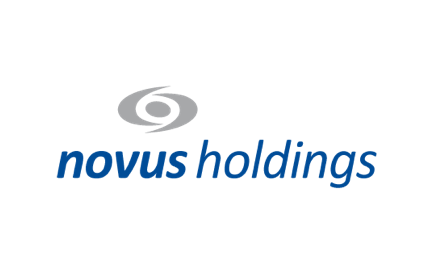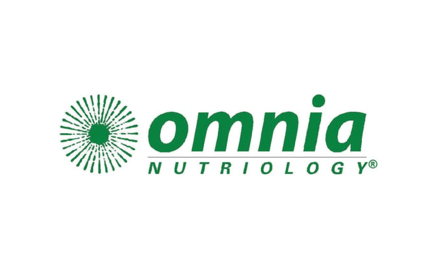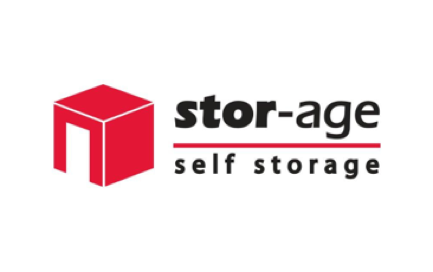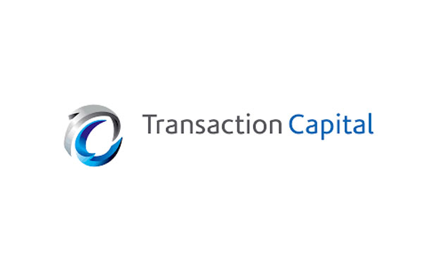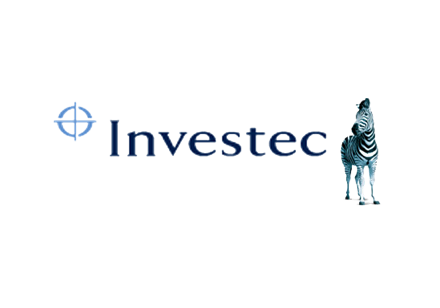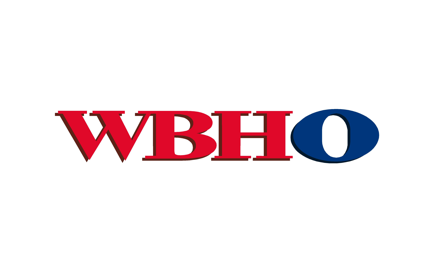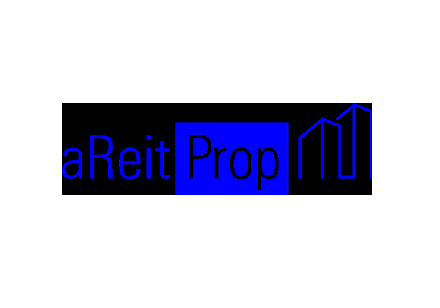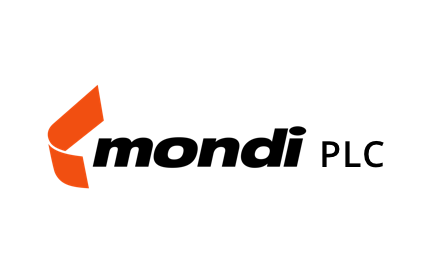Does the deal team at Glencore ever sleep? (JSE: GLN)
The sale of Cobar in Australia has now closed
If you’ve been paying attention to your Ghost Bites, you’ll know that Glencore has been very busy lately with deals and attempted deals. The sale of the Cobar copper mine in Australia was announced a while ago, but the implementation of this deal certainly keeps the momentum going at Glencore.
Glencore has received $775 million in cash and $100 million in shares, which gives Glencore a 20.6% stake in the acquirer – Metals Acquisition Corp. You should be recognising a pattern by now in Glencore’s strategy, as it often includes significant minority stakes in listed companies.
There is another $75 million coming in 12 months on this deal and a potential further $150 million, although that payment depends on future copper prices. Finally, there’s a 1.5% life of mine “net smelter return” royalty.
Glencore will continue to buy all of the copper concentrate produced at the facility.
Novus, and also no dividend (JSE: NVS)
The group is now barely profitable even at operational level
I’m not sure when last you bought a magazine or newspaper, but you’ll likely be aware that the printing industry isn’t what it once was. Novus is working hard to bring in more reliable revenue streams, like the printing of school workbooks through an award from the Department of Basic Education. Also, the acquisition of Pearson South Africa (renamed Maskew Miller Learning) became effective in November 2022.
In the year ended March 2023, revenue increased by R182 million to R3.2 billion and R156 million of that was from the acquisition, so there isn’t much top-line growth to be excited about. Where there was growth, it came from the flexible packaging solutions segment rather than the printing segment.
Revenue is of course only part of the battle, as raw material pricing for paper is extremely volatile and this can hit margins severely. To ensure supply, Novus stocked up on paper at prices that turned out to be higher than the current spot rate. This can’t be passed on to customers, so Novus simply has to suffer through its stockpile.
Operating profit has collapsed from R193 million to R7 million. In case you’re tempted to blame load shedding, the cost of power generation was R29 million in this period vs. R6.3 million in the comparable period. The print division reported an operating loss of R23.7 million and packaging achieved a profit of R61.6 million. The Maskew Miller acquisition contributed an operating loss of R32.5 million because amortisation of acquired intangibles was higher than operating profit during what is traditionally a quiet time of year for this business.
This is a very important point, as it suggests that operating profit should look better in the coming year.
Looking at the balance sheet, debt of R500 million was raised for the Maskew Miller acquisition but R206 million worth of cash was acquired in that business, so the net increase in debt is less significant than it first appears to be. The group cash balance is R392 million, so the balance sheet looks alright overall.
The group is hanging onto that cash balance, with no dividend for this period.
Omnia posts modest year-on-year growth (JSE: OMN)
The market dished out a 5.4% klap regardless
It really was a hideous day for SA stocks on Monday. If you didn’t look at the broader JSE performance on the day, you would be particularly surprised by a 5.4% drop in Omnia despite the company showing some growth in the latest results.
For the year ended March 2023, revenue was up 24% and operating profit increased 19%. HEPS as reported was up 10%, but only 1% on an adjusted basis that excludes the impact of hyperinflation in Zimbabwe.
In the Agriculture segment, revenue increased by 31% and operating profit could only inch 2% higher. This ugly situation for margin was mitigated to some extent by the Mining segment that grew revenue by 28% and operating profit by 54%. The Chemicals segment is the smallest part of the group and saw revenue drop by 8% and operating profit drop by 7%.
It’s nice to see that Omnia mentions SARS in the short form announcement these days. When that problem first came to light, they buried it deep in the financial statements. Omnia and SARS are in an Alternative Dispute Resolution process, so we will have to wait and see the outcome of that.
Stor-Age: goodbye to the premium-to-NAV valuation (JSE: SSS)
You pay a premium to NAV at your own risk
Over the past few years, we saw some property counters trade at a fat premium to NAV because yield was hard to come by in the market. Unfortunately, that strategy doesn’t work if you get a 9% dividend and watch the share price drop 9% when the valuation reacts to a change in prevailing yields, which is why the very last thing you want to own on earth is a property company at a premium valuation when interest rates are rising.
I wrote on this topic many times in the past few years, with the inevitable outcome of property investors telling me that I had no idea what I’m talking about. Fully in line with what I expected when I sold my Stor-Age shares for a tidy profit after the initial pandemic recovery, the shares have traded sideways and the only return to investors has been the dividend. Even a through-the-pandemic view tells a similar story, with a flat return over 5 years excluding dividends.
With the results of results for the year ended March 2023, we can now talk about that dividend yield. A dividend of 118.14 cents is a trailing yield of 9.1% on Monday’s closing price of R12.94. This is taxed in full as Stor-Age is a REIT, so you can directly compare this to earning interest on other investments.
A 9.1% yield isn’t so exciting in this environment, is it?
This doesn’t mean that the management team is doing anything wrong. Far from it, in fact. They are growing rental income solidly and just achieved record SA same-store occupancy levels. The loan-to-value ratio is 30.8% which is reasonable and the net asset value per share has increased by 8.3% year-on-year.
If the share price traded in line with NAV, the return would be the dividend plus the growth in NAV, which would be excellent. But sadly, what was once a premium to NAV is now a discount, with the NAV per share at R14.83 and the share price at R12.94. Only when the discount to NAV settles down will you see the share price grow in line with NAV, at which point Stor-Age will be an appealing buy once more.
I’m not sure we have reached that point yet.
Transaction Capital tries to Mobalyz its share price (JSE: TCP)
Spoiler alert: it didn’t work
Transaction Capital is now trading at R6.37. At some point, I may be so irritated that I buy more of the stuff. The market really does hate the company now and I’m waiting for a meaningful sign that the pain is over before I bring my average in-price down again.
Those annoying WeBuyCars ads on the radio that are rip-offs of well known rock songs aren’t doing the share price any favours.
Monday’s announcement about Gomo was supposed to do some favours for the share price but the market didn’t care, sending the price down 2.3% on a day that was admittedly bright red for most JSE stocks.
Gomo is a joint collaboration between WeBuyCars and Mobalyz. In case you’ve forgotten, Mobalyz is the renamed SA Taxi division. Gomo originates debt agreements for consumers to acquire pre-owned cars, so this extracts more of the economic value chain from the WeBuyCars business.
Gomo currently has over 2,500 vehicle backed loans and a loan book of R515 million, so it isn’t big enough to really move the dial at Transaction Capital. This may change, with a “leading South African bank” agreeing to allow Gomo to originate loans on agreed criteria.
Transaction Capital isn’t even able to name the bank, so I’m afraid this announcement smells at bit like Eau de Desperation with the share price languishing around 52-week lows. The market wants to see profits, not business-as-usual deals with banks.
Little Bites:
- Director dealings:
- WBHO (JSE: WBO) has repurchased 5.65% of its shares in issue from Akani Investment Holdings as part of a long-standing B-BBEE deal. The price was only 1 cent per share, despite the current share price being R105. This was a cash outflow of just R33.8k. There was obviously a lot of structuring in this deal going back to 2006.
- As expected, things are clearly going swimmingly at aReit (JSE: APO). If the daft name and disappointing share price performance since listing doesn’t scare you off, perhaps a postponed AGM and the resignation of the chair of the Audit and Risk Committee will.
- Vodacom B-BBEE structure YeboYethu (JSEL: YYLBEE) announced a final dividend of 91 cents per share and a substantial loss per share. The dividend is what really matters at this stage, as the earnings are highly volatile based on what happens to the Vodacom share price.
- Mondi (JSE: MNP) knows how to play the capital markets game in this modern world, publishing a sustainability-linked bond framework that helps it tap into ESG-flavoured funding that usually carries preferential rates.

